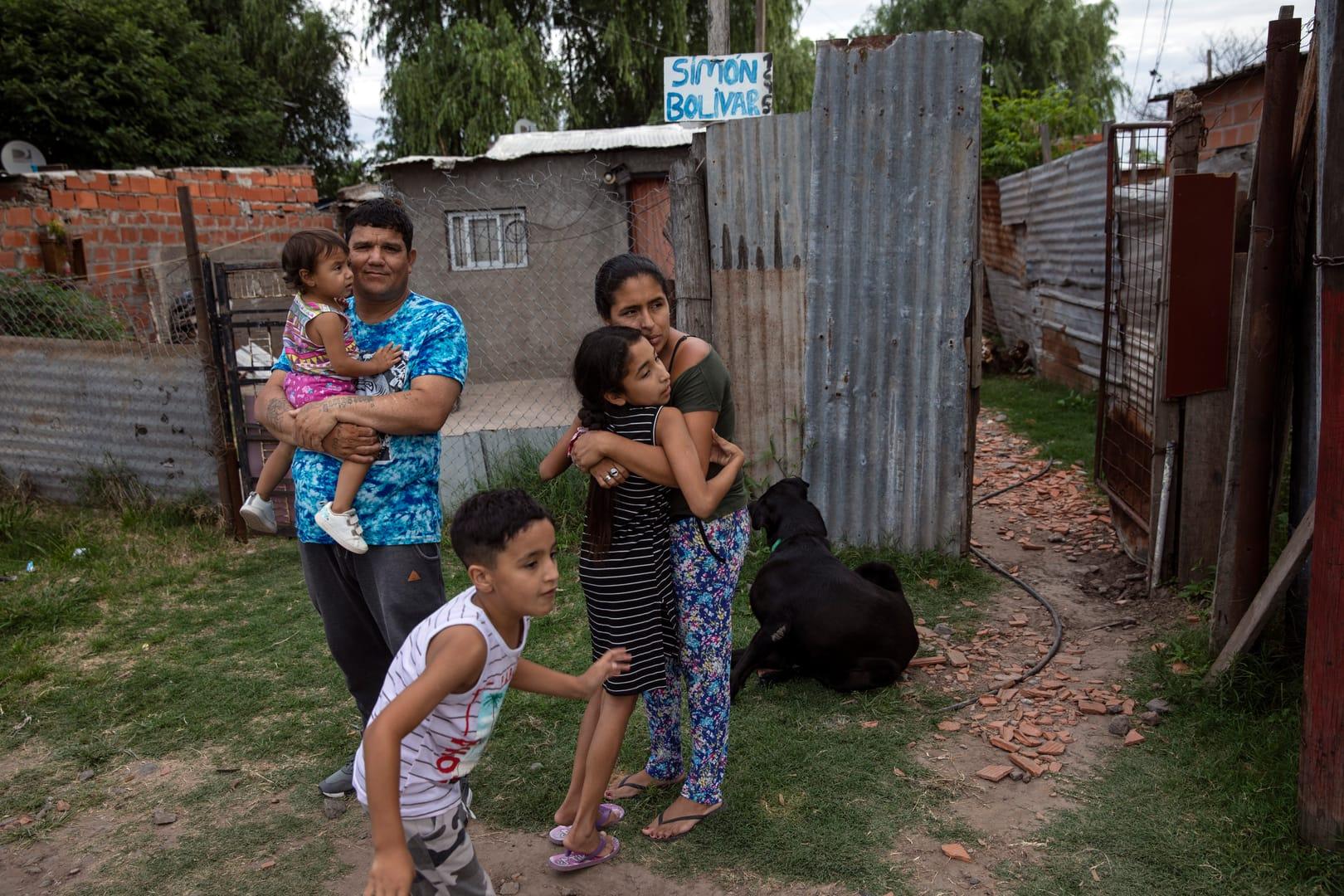ROME – Six in ten people in Argentina have been poor at some point in the last decade, according to an annual study by the Catholic Church in Pope Francis’s native country. Thirty percent of Argentines have known nothing but poverty.
The report was presented this week by Caritas and the Observatory of Social Debt of Argentina’s Pontifical University (ODSA), ahead of this weekend’s traditional annual collection in parishes and online to raise funds to sustain Caritas’s programs of integral human development and food assistance throughout the country.
None of the three national governments since 2010, successively led by Cristina Kirchner, Mauricio Macri, and Alberto Fernández, have been able to solve the hard-core poverty that has consolidated in the country.
Ever since it was created in 2008 by the Catholic University, the Observatory has become the most reliable source for social records. According to its findings, Argentina has a poverty rate of 43.8 percent (18 million people) and one in ten citizens “experiences hunger on a daily basis.”
In the last decade, indigence doubled from 4.2 percent (2011) to 8.8 percent (2021).
Caritas and ODSA prepared the document “Radiography of poverty in Argentina: it is urgent to close the gap!”, which analyzes the Observatory’s studies since 2010 and also delves into the problems of the labor market. Only 42 percent of the working population, it found, has access to a decent job and 58 percent have a precarious job, a job of indigence, or are unemployed.
“There are 5,687 slums or popular neighborhoods in our country,” said Gustavo Carrara, auxiliary bishop of Buenos Aires. “Thousands of families with very limited access to basic services -this is the hard core of poverty. There are neighborhoods of workers who have desires: a land to have a home and a job to support their families. Land, housing and work are the desires of all Argentines.”
“In these last years the gap has widened and the poor and indigent have increased,” he said. “This is the real gap in Argentina, and it cannot continue to happen. Our country will not be happy if this gap is not narrowed.”.
Carrara is the vice president of Caritas Argentina and is known to many as the “slum bishop,” since he is one of the dozens of priests who live and minister in the slums of Pope Francis’s former diocese.
RELATED: ‘Slum bishop’ of Buenos Aires says pandemic exposes pre-existing injustice
The report supported the bishop’s remarks: In 2011, 25.9 percent of the population lived under the poverty line, and 4.2 percent in extreme poverty. Today, both figures climbed to 43.8 percent and 8.8 percent, respectively. The social situation worsened among children under 18 years of age, among whom poverty reached 64 percent.
The United Nations defines extreme poverty or indigence as “a condition characterized by severe deprivation of basic human needs, including food, safe drinking water, sanitation facilities, health, shelter, education and information.”
Agustín Salvia, the director of ODSA and a sociologist, said that “an important part of society cannot fulfill their dreams and many cannot even satisfy their basic needs.”
One of the biggest problems, he said, is that for 30 percent of Argentina, poverty is structural and generational. And another 40 percent of the population has been unable to fulfill its basic needs at some point in the past decades.
With an annual inflation rate at 58 percent, the eighth highest in the world – only countries in conflict or under dictatorial regimes such as Venezuela, Sudan, Lebanon and Syria have a higher rate – poverty is projected to grow even more.
“We have not been able to find the coordinates of a state policy capable of providing answers to the needs of employment and human development,” Salvia said. “Four out of ten Argentines are poor, both in terms of income and in the exercise of fundamental social rights, such as education, health, housing, and habitat.”
The only solutions to the challenges will involve different actors coming together to develop policies that address the urgent problems while keeping a long-term outlook in terms of education, access to healthcare, employment, and “structural reforms that address the structural poverty.”
According to Nicolás Meyer, executive director of Caritas Argentina, now is not the time to “simply” reflect on poverty but actually change the reality of the millions who suffer from hunger, an ailment that affects 40 percent of the children in this Latin American country, which is rich in raw materials, particularly food.
“The current system generates poverty and exclusion, but at the same time there are many experiences of work and improvement,” Mayer said. “We need to grow in dignified, decent jobs that reduce the social gap.”
Follow Inés San Martín on Twitter: @inesanma














